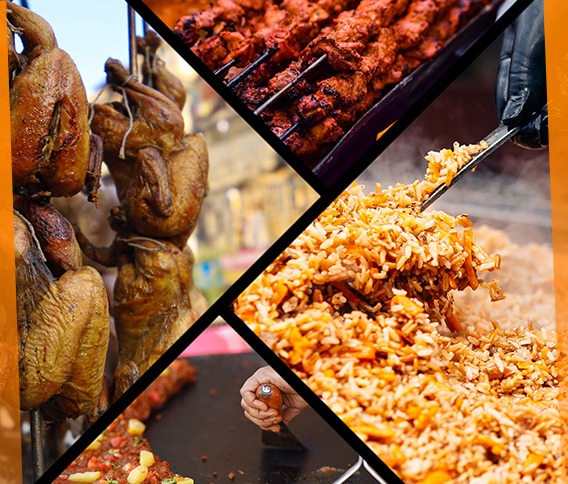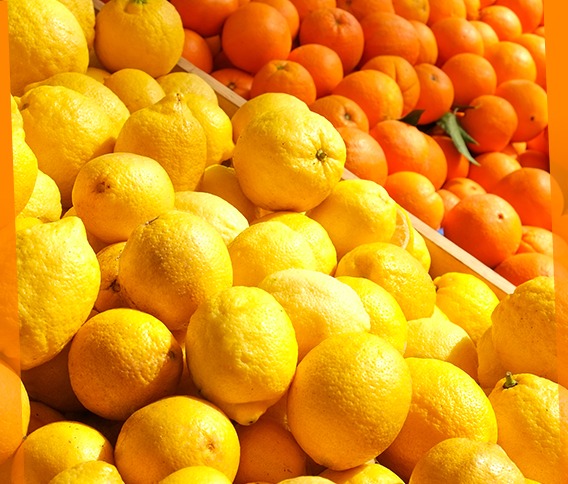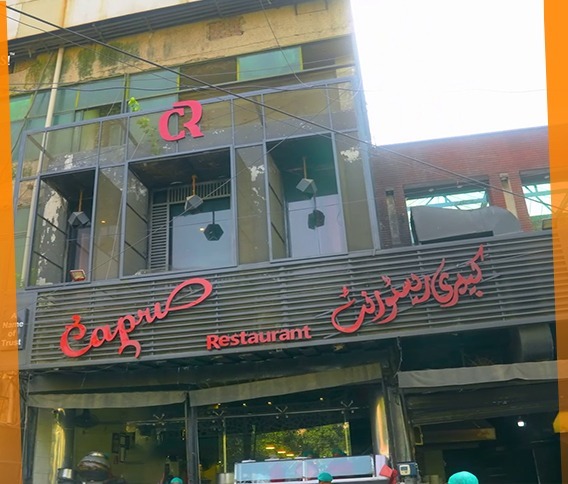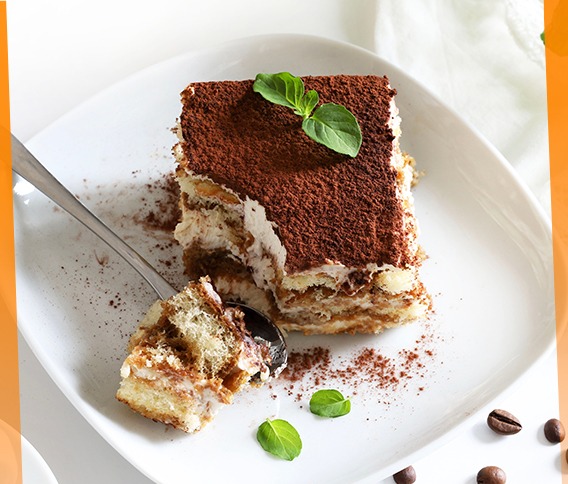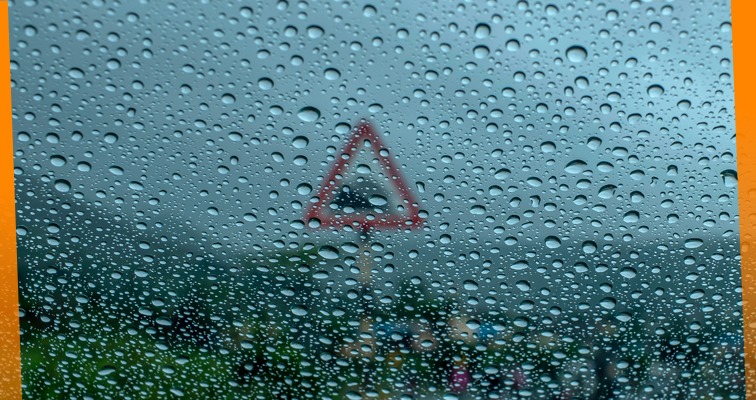
Monsoon season in Pakistan transforms the landscape into a lush, green paradise, offering a respite from the scorching summer heat. From June to September, the rains bring life to the arid plains and rejuvenate the countryside. However, along with the beauty and relief, the monsoon also brings challenges, especially in terms of health and food safety.
Food and Health During Monsoon:
The monsoon is a time to relish delicious street foods like pakoras, samosas, and chaat, which seem even more enticing during a downpour. However, it's crucial to be cautious. The high humidity and stagnant water create an ideal environment for the growth of bacteria and viruses. Consuming unhygienic or improperly cooked food can lead to waterborne diseases such as cholera, typhoid, and gastroenteritis.
Precautions to Stay Healthy:
1. Eat Fresh and Hygienic Food: Avoid street food and opt for home-cooked meals. Ensure that vegetables and fruits are washed thoroughly and meats are cooked well.
2. Stay Hydrated with Clean Water: Drink only boiled or filtered water. Avoid ice from unknown sources as it can be contaminated.
3. Use Mosquito Repellent: The monsoon is breeding season for mosquitoes, leading to an increase in diseases like dengue and malaria. Use insect repellents and install mosquito nets.
4. Wear Appropriate Clothing: Wear light, breathable clothes to avoid fungal infections. Keep your feet dry to prevent athlete’s foot and other infections.
5. Boost Immunity: Incorporate immune-boosting foods like citrus fruits, ginger, garlic, and yogurt into your diet. Herbal teas can also be beneficial.
Enjoying the Monsoon Safely:
While it’s important to take precautions, don’t let them dampen your spirits. Enjoy the rain, the cooler temperatures, and the vibrant greenery. Take a walk in the drizzle, savor a hot cup of chai, and make the most of the beautiful monsoon season in Pakistan.
